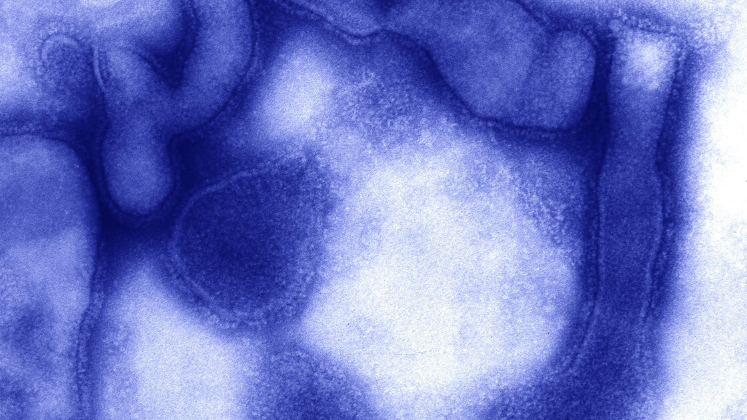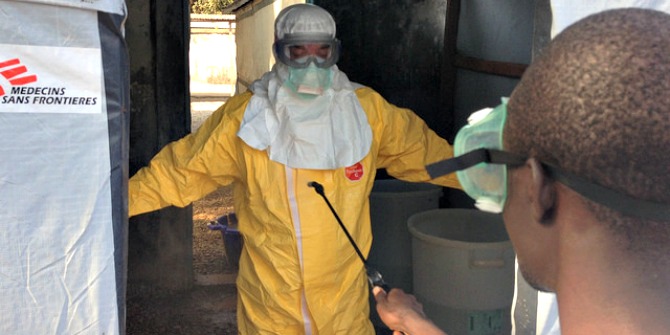
In the present crisis of the Covid-19 pandemic, there are a number of accessible historical works and websites that can provide background and information on the disease as it unfolds. Since the disease is so recently emergent, there are as yet no reliable books dedicated directly to the topic. There are, however, works that provide the necessary context for explaining where Covid-19 may have emerged from, how it is likely to affect our societies and the ways in which it compares with previous historical pandemics. Such information is important for scholarly purposes. But it is also crucial in enabling all of us to realise that there will also be a post-coronavirus world, and that we need to begin thinking about how to reform our society so that it is not vulnerable to the next epidemic. The challenge is to target and implement those changes that are necessary so that we will not be vulnerable and unprepared next time.
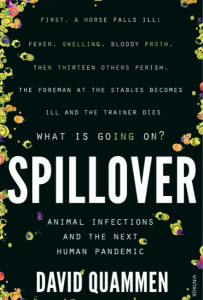 Spillover: Animal Infections and the Next Human Pandemic. David Quammen. Vintage. 2013.
Spillover: Animal Infections and the Next Human Pandemic. David Quammen. Vintage. 2013.
This work surveys the large impact of our modern industrial society and the animal world as we relentlessly destroy habitat and create ever more frequent interactions between humans and large numbers of animal species. Since the novel coronavirus that causes Covid-19 is believed to originate from just such a zoonotic spillover, understanding this fundamental vulnerability of our society is important.
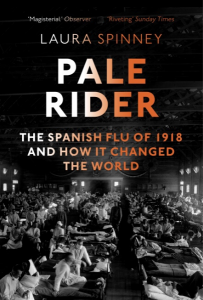 Pale Rider: The Spanish Flu of 1918 and How it Changed the World. Laura Spinney. Cape. 2018.
Pale Rider: The Spanish Flu of 1918 and How it Changed the World. Laura Spinney. Cape. 2018.
A pandemic that perhaps resembles Covid-19 in many respects in terms of its mode and ease of transmission, its global reach, its nature as a pulmonary viral disease and its societal impact is the influenza outbreak of 1918, often referred to as ‘Spanish influenza’. Laura Spinney’s wide-ranging book explores the many facets of this influenza ordeal and implicitly raises questions relevant to our present affliction.
This work appeared in November 2019 and nearly predicted the onset of a new pandemic in the near future. It also provides extensive coverage of the major pandemic experiences since 1347, and indicates major lessons that can be drawn from them in terms of their economic, societal, medical and cultural influence.
Severe Acute Respiratory Syndrome, or SARS, is in many ways a precursor of Covid-19. This work traces the many questions raised by the 2003 SARS pandemic, the vulnerabilities it exposed and the lessons learned in order to achieve a more reliable stage of preparedness.
A critical but seldom explored dimension of pandemic diseases is their impact on mental health. Steven Taylor goes a long way toward filling this gap by charting the manner in which severe stress accompanies biological disease, and he explores its capacity to generate paranoia, fear and stigma. Important but often neglected aspects of future societal preparedness are these emotional and social dimensions.
This textbook approaches the topic from a more scientific background and provides a solid foundation for understanding the onset of the new coronavirus and its impact on the human body.
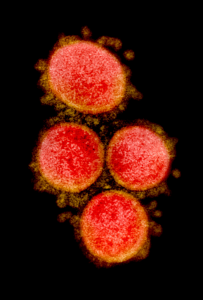 The Lancet, the Journal of the American Medical Association (JAMA) and the New England Journal of Medicine (NEJM).
The Lancet, the Journal of the American Medical Association (JAMA) and the New England Journal of Medicine (NEJM).
These leading medical journals have responded in innovative ways to the outbreak of Covid-19. They have instituted expedited review processes to enable the most recent and relevant research material to be published as rapidly as possible. In addition, they agreed to make all of the work that they have published relevant to the pandemic available free to all online. As a result, these journals are important up-to-date sources to explore in trying to understand and follow the nature, course and impact of the disease. Visit The Lancet, JAMA and NEJM to access this content.
Note: This reading list gives the views of the author, and not the position of the LSE Review of Books blog, or of the London School of Economics.
Banner and feature image credit: Image of rainbow expressing solidarity with NHS workers.Photo by Alex Motoc on Unsplash.
Image Credit for main text image: Chicago Department of Public Health Ad encouraging people to wash their hands, Michigan Avenue, Chicago. Raed Mansour CC BY 2.0.
Image Credit for image featured alongside journal information: Transmission electron micrograph of SARS-CoV-2 virus particles, isolated from a patient. Image captured and color-enhanced at the NIAID Integrated Research Facility (IRF) in Fort Detrick, Maryland. Credit: National Institute of Allergy and Infectious Diseases, NIH. NIH Image Gallery, Public Domain.


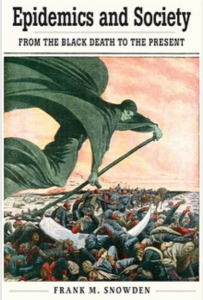 Epidemics and Society: From the Black Death to the Present. Frank Snowden. Yale University Press. 2019.
Epidemics and Society: From the Black Death to the Present. Frank Snowden. Yale University Press. 2019.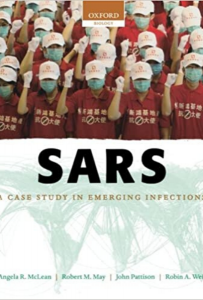 SARS: A Case Study in Emerging Infections. Angela McLean, Robert May, John Pattison and Robin Weiss. Oxford University Press. 2005.
SARS: A Case Study in Emerging Infections. Angela McLean, Robert May, John Pattison and Robin Weiss. Oxford University Press. 2005.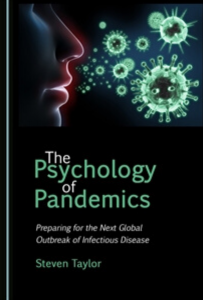 The Psychology of Pandemics: Preparing for the Next Global Outbreak of Infectious Disease. Steven Taylor. Cambridge Scholars. 2019.
The Psychology of Pandemics: Preparing for the Next Global Outbreak of Infectious Disease. Steven Taylor. Cambridge Scholars. 2019.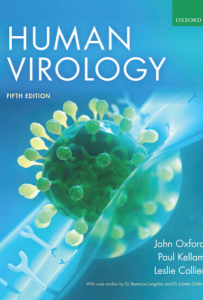 Human Virology. John Oxford, Paul Kellam and Leslie Collier. Oxford University Press. 2016 (5th Edition).
Human Virology. John Oxford, Paul Kellam and Leslie Collier. Oxford University Press. 2016 (5th Edition).
